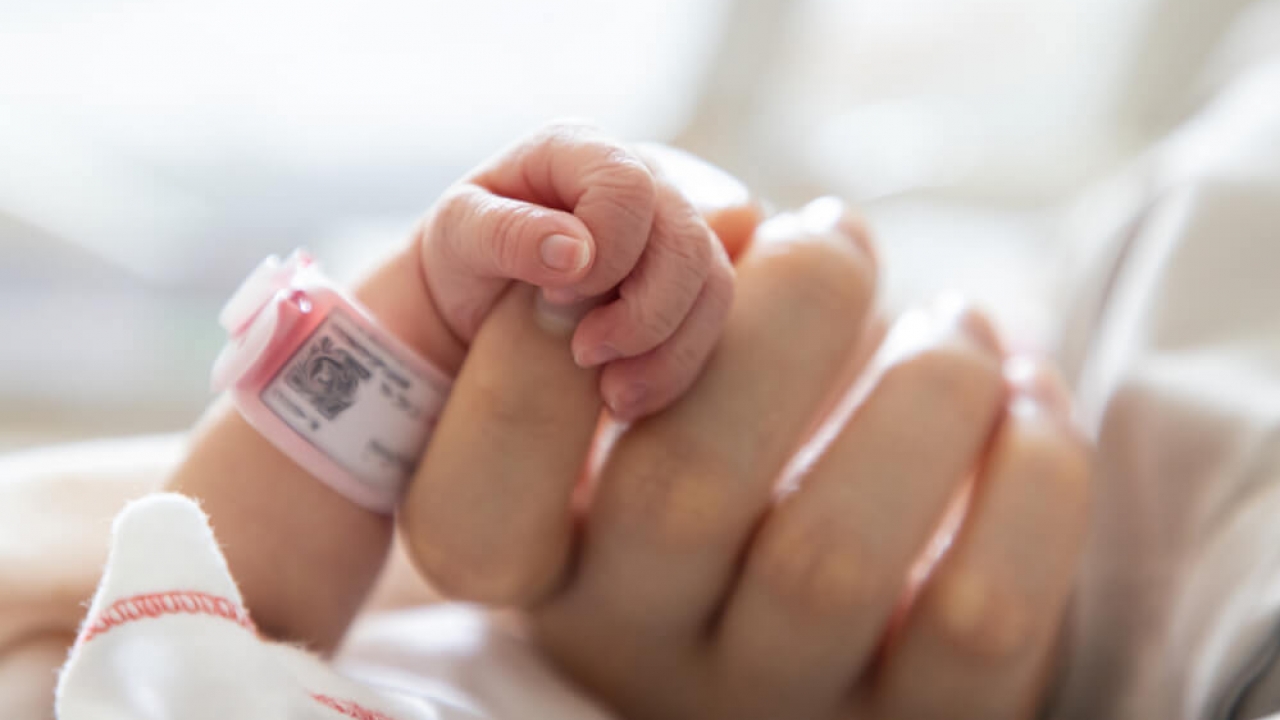The consumption of cannabis during pregnancy may not be as harmless as some may assume.
A new study suggests that using cannabis during pregnancy could potentially lead to "adverse" outcomes for babies, including premature birth, low birth weight, and an increased likelihood of needing time in a neonatal intensive care unit (NICU).
“The global increase in cannabis use among women of reproductive age also extends to pregnant women. We know that THC, the main psychoactive constituent in cannabis, can cross the placenta from mother to fetus and bind to receptors in the fetal brain,” said the author of the study, Maryam Sorkhou. “Our study adds to that knowledge by showing that prenatal exposure to cannabis heightens the risk of several adverse birth outcomes.”
The study, which was published in the scientific journal Addiction, looked at 57 studies published between 1984 and 2023 with over 12 million babies and found that 102,835 were exposed to cannabis during pregnancy.
In 20 of these studies, they found pregnant people using cannabis were 1.5 times more likely to have a premature delivery, while in 18 studies about low birth weight, pregnant people using cannabis were more than twice as likely to have a smaller baby, and finally, in 10 of the studies about needing NICU care, babies exposed to cannabis were more than twice as likely to need it compared to non-exposed babies.
According to the National Institutes of Health, "cannabis is the most commonly used illicit drug during pregnancy," and the American Academy of Pediatrics advises mothers to avoid using marijuana during pregnancy or breastfeeding as it poses risks to both mother and baby.


